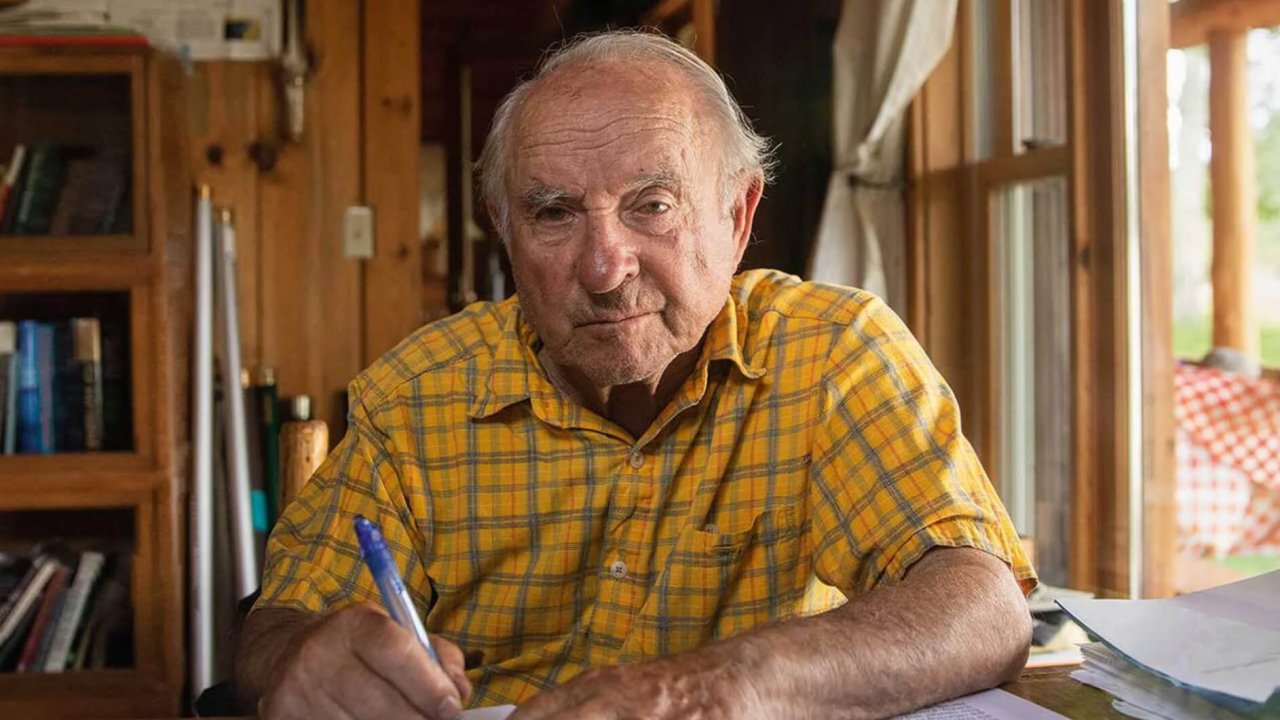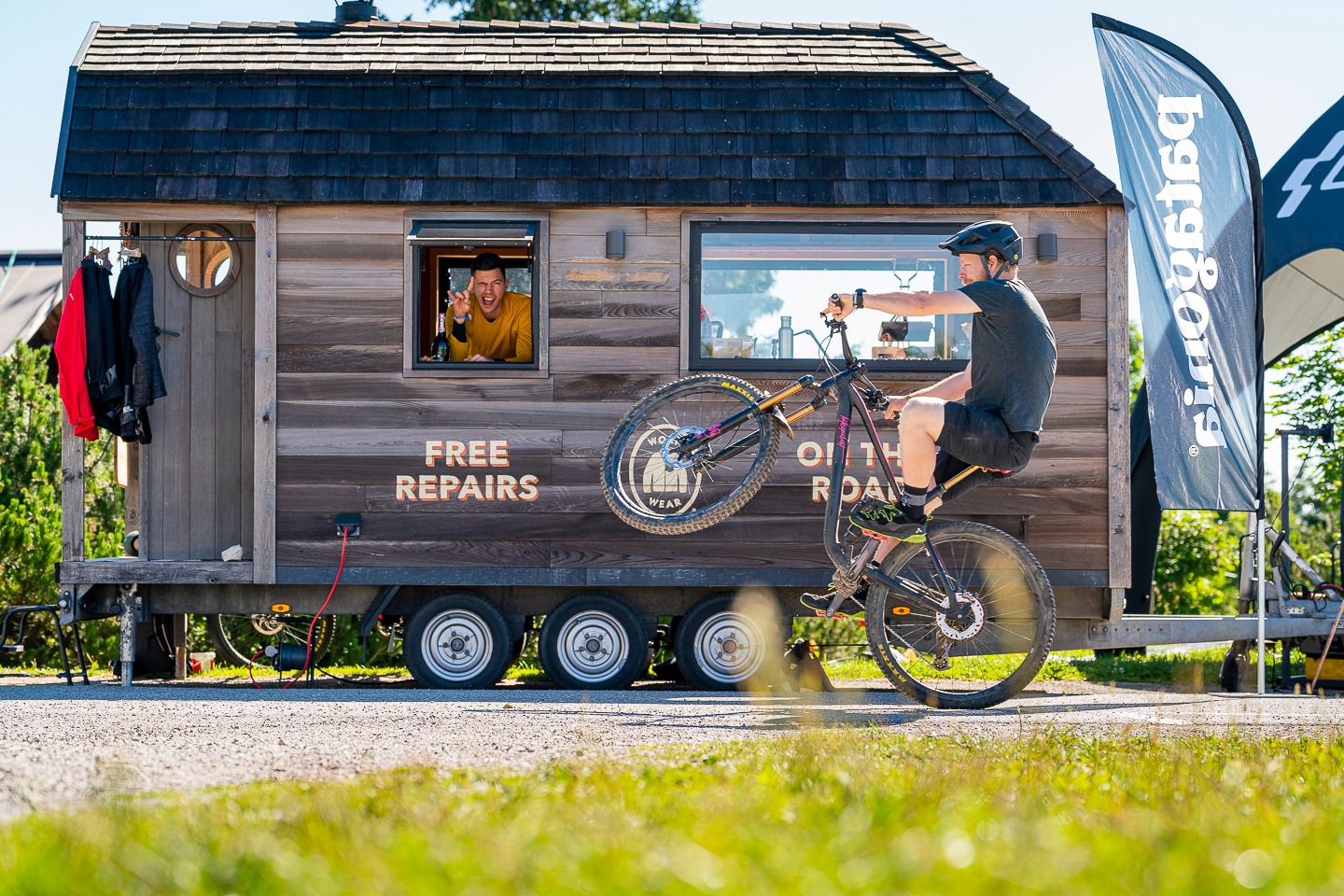
Founder Yvon Chouinard announced that all the company’s profits are invested in our planet to help fight the climate crisis.
Earth is only shareholder.
In an admirable move, Patagonia’s founder and billionaire Yvon Chouinard took a unique and bold measure. All of the company’s profit will be used to help save our planet and fight climate change.
To explain why the company took this decision, Patagonia published Yvon Chouinard’s statement on their webiste.
Earth is now our only shareholder.
If we have any hope of a thriving planet—much less a business—it is going to take all of us doing what we can with the resources we have. This is what we can do. I never wanted to be a businessman. I started as a craftsman, making climbing gear for my friends and myself, then got into apparel. As we began to witness the extent of global warming and ecological destruction and our own contribution to it, Patagonia committed to using our company to change the way business was done.
If we could do the right thing while making enough to pay the bills, we could influence customers and other businesses, and maybe change the system along the way. We started with our products, using materials that caused less harm to the environment. We gave away 1% of sales each year. We became a certified B Corp and a California benefit corporation, writing our values into our corporate charter so they would be preserved. More recently, in 2018, we changed the company’s purpose to: We’re in business to save our home planet. While we’re doing our best to address the environmental crisis, it’s not enough. We need to find a way to put more money into fighting the crisis while keeping the company’s values intact.“Truth be told, there were no good options available. So, we created our own.
One option was to sell Patagonia and donate all the money. But we couldn’t be sure a new owner would maintain our values or keep our team of people around the world employed. Another path was to take the company public. What a disaster that would have been. Even public companies with good intentions are under too much pressure to create short-term gain at the expense of long-term vitality and responsibility. Truth be told, there were no good options available. So, we created our own. Instead of “going public,” you could say we’re “going purpose.” Instead of extracting value from nature and transforming it into wealth for investors, we’ll use the wealth Patagonia creates to protect the source of all wealth. Here’s how it works: 100% of the company’s voting stock transfers to the Patagonia Purpose Trust, created to protect the company’s values; and 100% of the nonvoting stock had been given to the Holdfast Collective, a nonprofit dedicated to fighting the environmental crisis and defending nature. The funding will come from Patagonia: Each year, the money we make after reinvesting in the business will be distributed as a dividend to help fight the crisis. It’s been nearly 50 years since we began our experiment in responsible business, and we are just getting started. If we have any hope of a thriving planet—much less a thriving business—50 years from now, it is going to take all of us doing what we can with the resources we have. This is another way we’ve found to do our part. Despite its immensity, the Earth’s resources are not infinite, and it’s clear we’ve exceeded its limits. But it’s also resilient. We can save our planet if we commit to it.

Patagonia: company or non profit
Patagonia explains in its Q&A section that it continues to be a for-profit business, a certified B Corp and a California benefit corporation, making quality products. They will continue committed to its obligation to preserve the financial health of the company while always considering the impact their business has on employees, customers and communities—and on the health and vitality of the natural world. They hope to continue serving as a beacon for the entire business community by proving that purpose and profits are inextricably linked.
10 things you can do to help save our planet
Besides using your clothing as long as possible, buying it second hand or consciously choosing to buy from fair and sustainable brands, we give you ten things you can do today to help save our planet. Today.